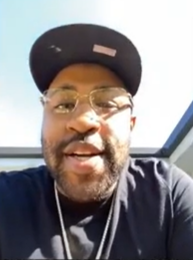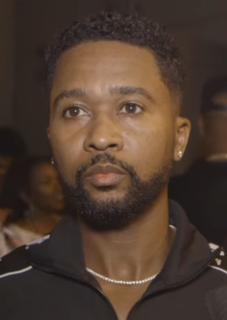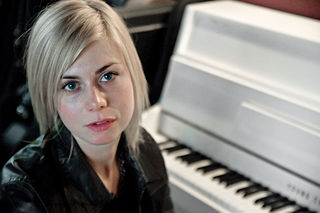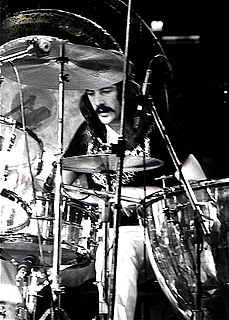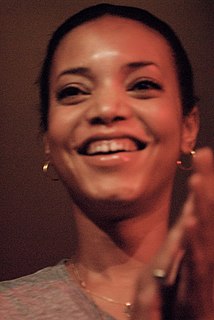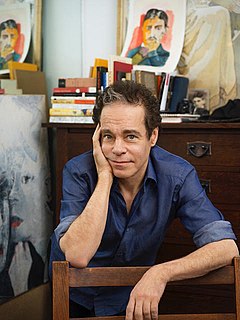A Quote by Mike Will Made It
It started off with me being all the way influenced by Atlanta and southern music but I knew my sound had to grow - I started learning melodies.
Related Quotes
Guys like Future and me, we help create and shape the sound of music - not just Atlanta music, but music all over. If you really pay attention to the music being made, a lot of that is very heavily influenced by the stuff that we created. I listen to so many songs that's like, 'Damn, this sounds like my music!'
When I started music, I started out in Puerto Rico with classical music. But what really made me want to be a musician was jazz, and because I didn't grow up with jazz, I had to learn it from a very basic level. I had to go into the history and learn everything about the development of the music, all the players and all that stuff.
Hip hop started in NY so it's important that New Yorkers realise that to talk about NY music and its sound should not be a small-minded conversation. Music is supposed to evolve. It's supposed to be going through changes, it's not supposed to sound exactly the same as what it did when it started. NY hip hop has to be allowed to move on and grow and expand.
I'm still a researcher. The best way to explain it is that I trusted myself deeply as a professional, but I did not have a lot of self-trust personally. When I started learning all of these things about the value and the importance of belonging, vulnerability, connection, self-kindness and self-compassion, I trusted what I was learning - again, I know I'm a good researcher. When those things and wholeheartedness started to emerge with all these different properties, I knew I had to listen. I'd heard these messages before personally but I didn't trust myself there.
